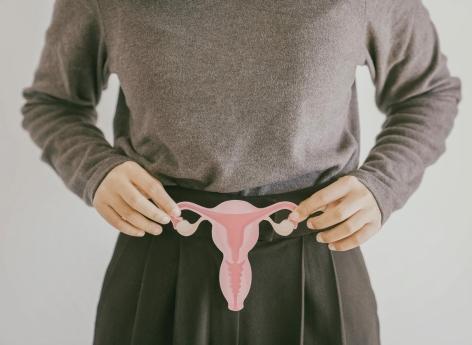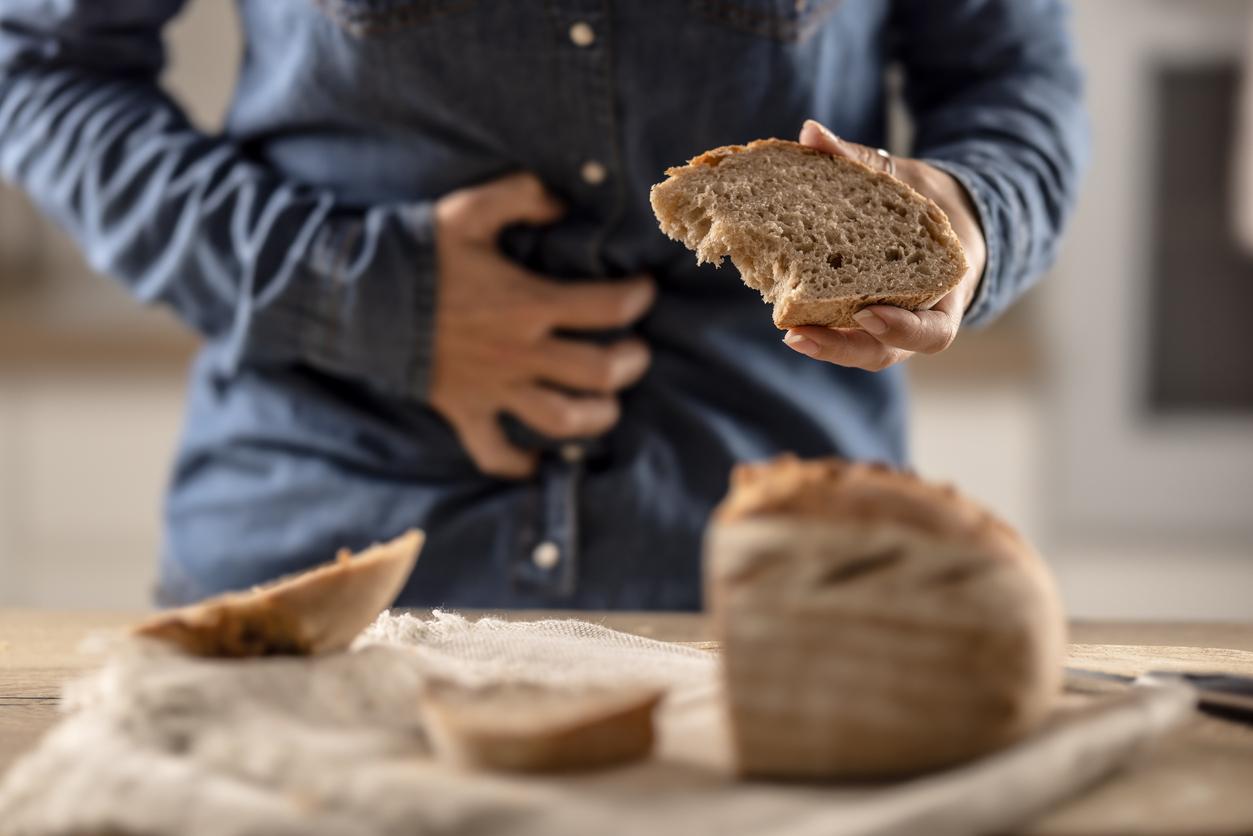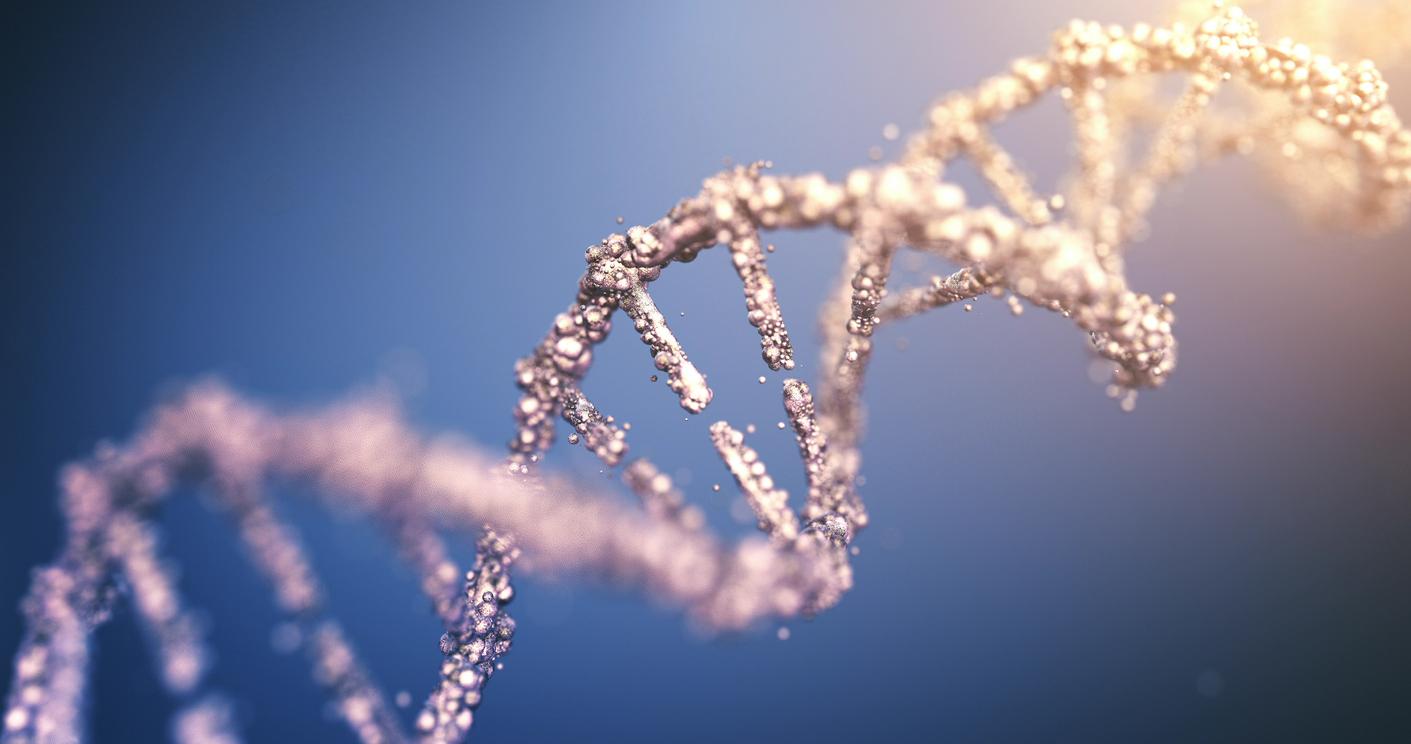Researchers have found the cause of irritable bowel syndrome and the pain associated with it: the activation of mast cell cells in the intestinal wall. This discovery could help find a new treatment.

- Researchers from KU Leuven have identified a biological mechanism causing irritable bowel syndrome.
Mast cells would be responsible for irritable bowel syndrome, or irritable bowel syndrome. This is the assertion of researchers from the Kathilieke Unisersiteit Leuven, in Belgium, who have just published their work in the journal Nature. According to them, when patients eat certain foods, a biological mechanism triggers their pain. It is their body’s immune response to these foods, which activates mast cell cells in the intestinal wall. Mast cells secrete histamine – a natural organic compound – which causes stomach upset and other disorders.
“How these mast cells are activated was an enigma,” explains Professor Guy Boeckxstaens, gastroenterologist at KU Leuven and lead author of the study. “With this study, we provide the explanation. It is a very localized immune response, in the intestinal wall, which activates these mast cells. However, we have always thought that these cells were activated by stress.” Ultimately, this discovery could make it possible to develop new, more effective treatments that would block the activation of mast cells.
Three women affected for one man by irritable bowel syndrome
Irritable bowel syndrome affects 5% of the adult population, according to the French National Society of Gastroenterology (SNFGE). It is a benign disorder of the functioning of the intestine, colon and / or large intestine, but which can cause significant discomfort such as abdominal pain, diarrhea, constipation, etc. The diagnosis is generally made between the ages of 30 and 40, although this syndrome may appear earlier, in children or adolescents. Among patients, women are generally more affected than men, with a ratio of three to one in the adult population.
“These disorders are linked to a real disease”
“These patients (who suffer from irritable bowel syndrome) are often not taken seriously by doctors,” continues the professor. “The absence of an allergic reaction is used as an argument to tell them that it is in their head and that their gastrointestinal physiology does not present a problem. This new knowledge gives us further evidence that these disorders are linked to a real disease”.
Indeed, most of these patients do not have proven food allergies. Certain diets can reduce pain, such as the total elimination of gluten, a protein contained in barley, wheat or rye. But, until now, no study established a link between stopping gluten and improving the condition of patients since they are not allergic to it. With these recent studies, we can assume that gluten would activate the mast cell cells of certain patients.
A specific diet to reduce pain
Very often, irritable bowel syndrome is a chronic pathology. The management therefore consists, above all, in reducing the pain associated with it. For this, doctors offer different solutions. First of all, balanced diets, without fatty food, with reasonable portions and eliminating foods that are poorly tolerated by patients. Probiotic cures can also be recommended. If pain persists, patients can take antispasmodic drugs. Finally, last tip: physical exercise, which can also relieve patients.
.

















